How to Choose the Right CNC Router for Your Business Needs
In the rapidly evolving manufacturing landscape, choosing the right CNC router is crucial for businesses aiming to enhance productivity and precision. According to a recent report by Technavio, the global CNC router market is expected to grow by over $201 million from 2021 to 2025, driven by rising demand for automation across various industries. The ability of CNC routers to deliver high-quality cuts and intricate designs makes them indispensable tools for sectors such as woodworking, metalworking, and signage. As companies increasingly focus on efficiency and customization, selecting the appropriate CNC router can significantly impact operational performance. Understanding the specific needs of your business, alongside comprehensive market insights, can empower you to make an informed decision that aligns with both current trends and future growth prospects.
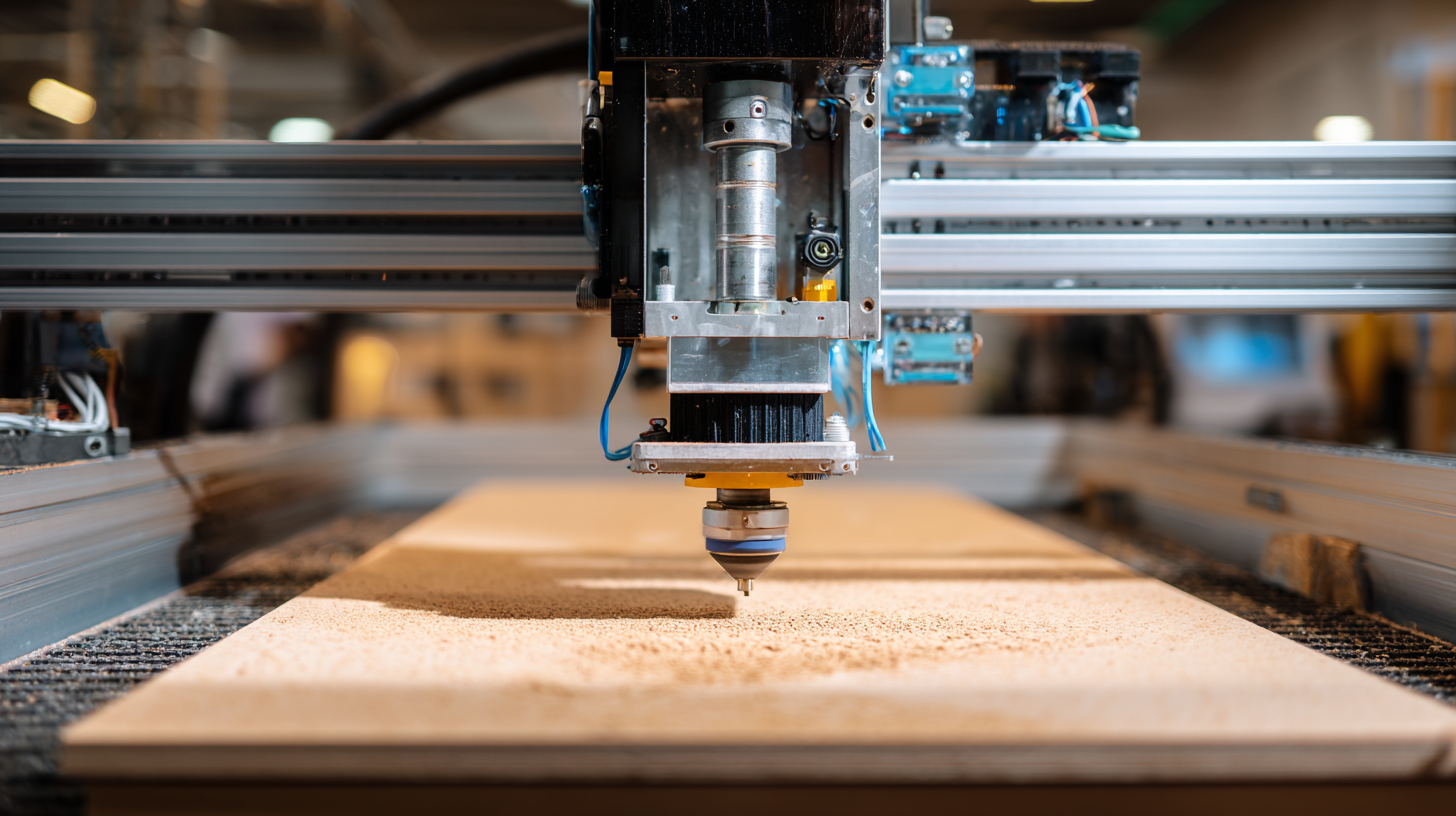
Understanding Your Business Requirements and Applications for CNC Routers
When selecting the right CNC router for your business, it's crucial to start by understanding your specific requirements and applications. Different industries—such as woodworking, metalworking, and plastics fabrication—demand varying levels of precision, speed, and material compatibility. Analyzing the types of materials you plan to work with and the complexity of projects will guide you towards the specifications that matter most. For instance, if your focus is on intricate designs in hardwood, a router with a high spindle speed and fine tooling is essential to achieve the desired results.
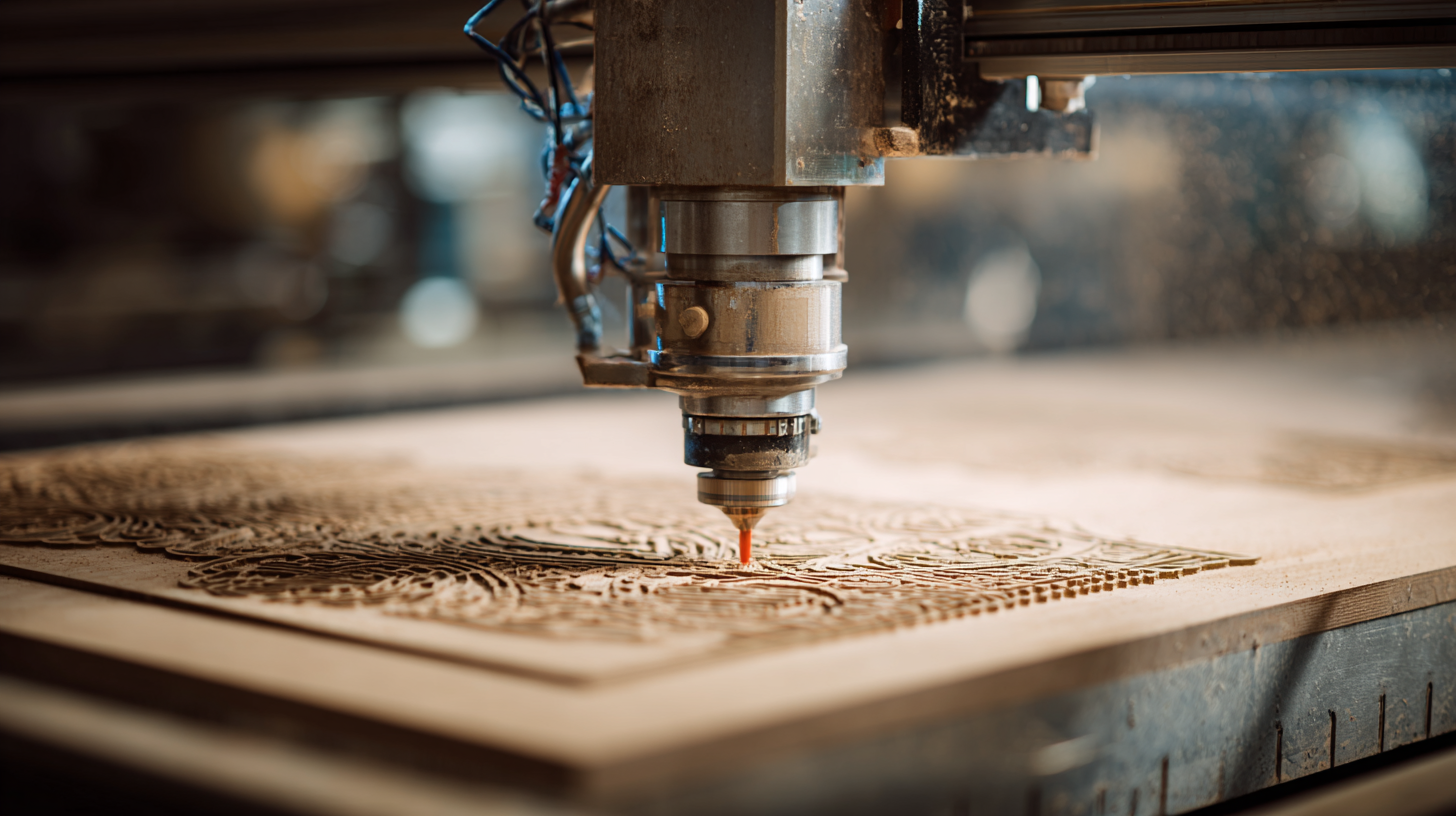
Additionally, consider the scale of your operations. A small shop might benefit from a compact, user-friendly model, while larger enterprises may require a heavy-duty CNC router that can handle continuous operation and larger workpieces. Evaluate the features that enhance productivity, such as available software compatibility, automated tool-changing capabilities, and ease of maintenance. By aligning your CNC router choice with your business needs and applications, you can ensure optimal performance and efficiency, ultimately leading to greater profitability and customer satisfaction.
Analyzing the Different Types of CNC Routers Available on the Market
When selecting the right CNC router for your business, it’s crucial to understand the different types available on the market. The global woodworking machinery market is projected to grow from $5.23 billion in 2025 to $7.88 billion by 2032, with a compound annual growth rate (CAGR) of 6.0%. This significant growth highlights the increasing demand for efficient and versatile machining tools, particularly CNC routers that can cater to various materials and production needs.
CNC routers come in several types, including desktop routers, industrial routers, and hybrid models. Desktop routers are ideal for small businesses focusing on prototyping or light manufacturing, while industrial routers are built for high-volume operations and heavy-duty materials. Hybrid models offer flexibility, allowing users to switch between different applications seamlessly. When choosing a router, consider the material types you will work with, the size of the projects, and the level of automation you desire.
Tips:
- Assess your specific business requirements and frequently used materials before deciding which type of CNC router to invest in.
- Look for routers with scalable features that can grow with your business, allowing for upgrades and expansion as demand increases.
- Prioritize routers with robust customer support and warranty options, ensuring you have assistance when facing operational challenges.
Evaluating Precision, Speed, and Power: Key Features to Consider in CNC Routers
When selecting a CNC router for your business, evaluating precision, speed, and power is essential. Precision is crucial since even minor variances can lead to costly mistakes in production. Look for machines that offer a high resolution and repeatability, ensuring that each cut is consistent. Additionally, consider the type of material you will be working with, as softer materials may require less precision compared to harder materials like metal or dense wood.
Speed is another vital factor that impacts productivity. A faster CNC router can significantly reduce production time, allowing your business to take on more projects or meet tighter deadlines. However, it's essential to find a balance; higher speeds should not compromise the quality of the finished product. Research the cutting speeds and feed rates of various models to find one that aligns with your workflow requirements.
Finally, the power of the CNC router plays a significant role in its capabilities. A router with adequate power will handle various materials and thicknesses without bogging down, providing versatility in your projects. Evaluate the spindle power and the ability to switch between different tool types, which can enhance the compatibility of the router with your business needs. Ultimately, finding a CNC router that balances precision, speed, and power will equip your business for success.
Budgeting for a CNC Router: Initial Investment and Long-term Operational Costs
When budgeting for a CNC router, it's essential to consider both the initial investment and the long-term operational costs. The upfront cost of a CNC router can vary significantly based on its size, capabilities, and features. It's vital to assess your business needs carefully; choosing a machine that meets your current requirements, while allowing for future expansion, can save you money in the long run.
**Tips:** Before making a purchase, compare different models and brands. Research their maintenance costs and reliability, as these factors can greatly affect your operational expenses. Additionally, consider whether a new or used machine is more suitable for your budget constraints.
Long-term operational costs include maintenance, tooling, and software updates. CNC routers require regular upkeep to maintain efficiency, which can add up over time. Additionally, don't overlook the costs associated with training your staff. Investing in quality training can enhance productivity, ensuring that your team gets the most out of your investment.
**Tips:** Create a detailed budgeting plan that includes potential repairs and software upgrades. Factor in training sessions as part of your initial costs to prepare your workforce for optimal use of the equipment.
Cost Comparison of Different CNC Router Types
Assessing Manufacturer Support and Warranty Options for CNC Router Longevity
When selecting the right CNC router for your business, considering manufacturer support and warranty options is crucial for ensuring long-term productivity. A robust support system can significantly impact your operational efficiency, especially when addressing technical issues or machine malfunctions. Prioritize manufacturers that offer comprehensive customer service, technical support, and training programs. This not only helps in minimizing downtime but also empowers your team to utilize the CNC router to its full potential.
Tips: Always check for online reviews of the manufacturer’s customer service and support experiences. Additionally, inquire about their response time for service requests, as a quick turnaround can be a deciding factor in maintaining your workflow.
Warranty options vary widely among CNC router manufacturers. A solid warranty covers not just the machine but also parts that may wear out over time. Look for warranties that offer extensive coverage periods and clearly define what is included. This ensures that your investment is protected against unforeseen issues, thus extending the machine’s longevity and enhancing your operation's stability.
Tips: Ensure you read the fine print of the warranty agreement. Consider manufacturers that provide options for extended warranties, as this can offer further peace of mind for your business.
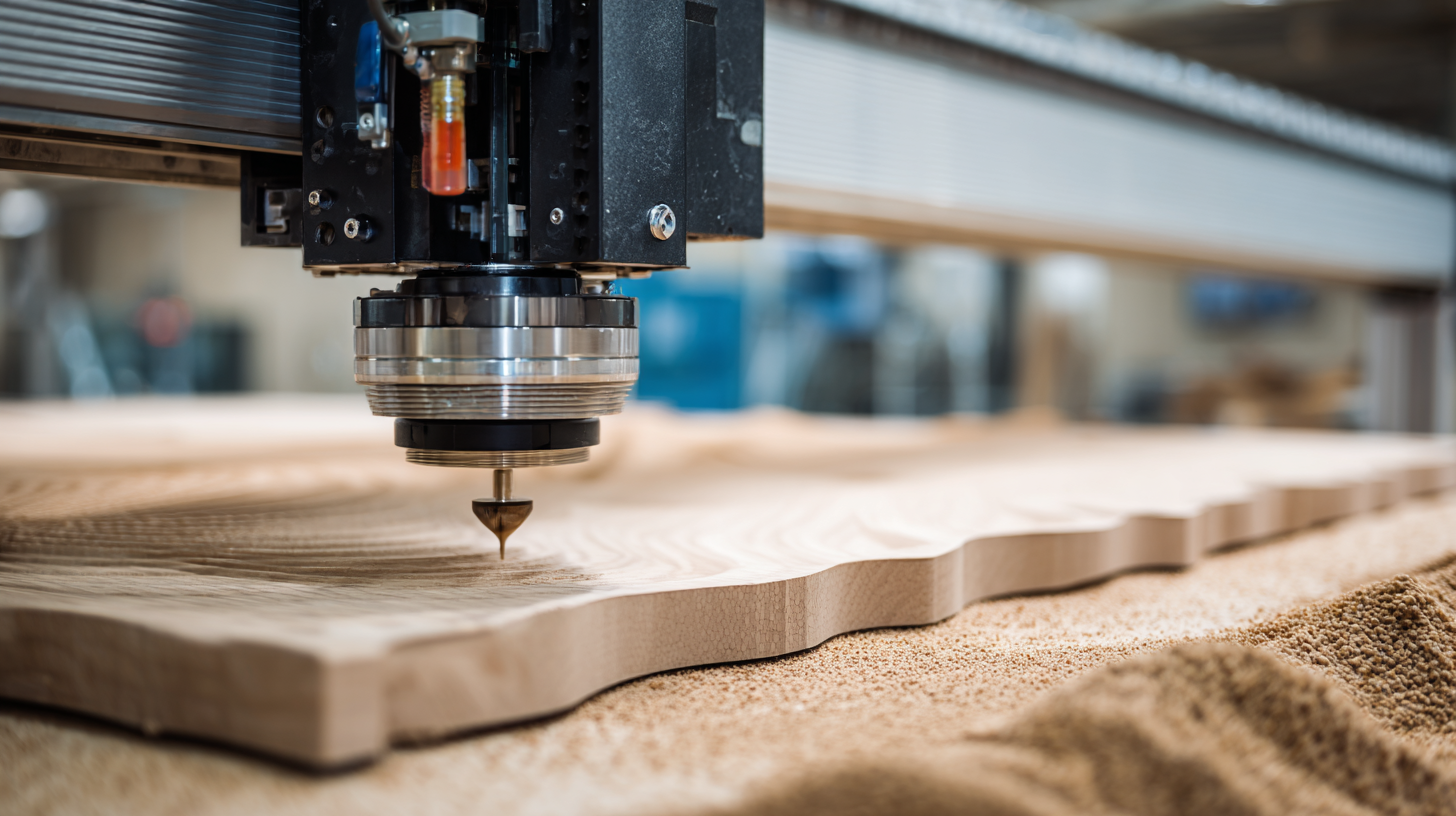
Related Posts
-

Unveiling the Technical Specifications of the Best CNC Machine for Precision Engineering
-

Exploring the Future of Best CNC Engraving Machines in 2025 and How to Choose the Right One
-

How to Choose the Best CNC Wood Carving Machine: A Comprehensive Tutorial for Buyers
-
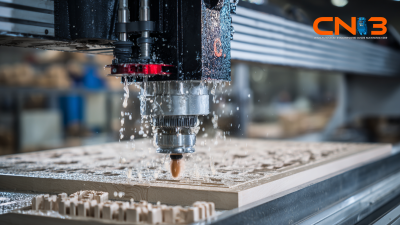
China's Intelligent Manufacturing Revolutionizes the Global Market for Best CNC Router Machines
-
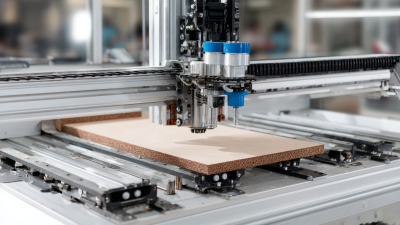
Maximize Your Investment with Top After Sales Support and Repair Cost Tips for Best CNC Router Table
-

5 Incredible Facts About CNC Wood Carving Machines You Must Know















